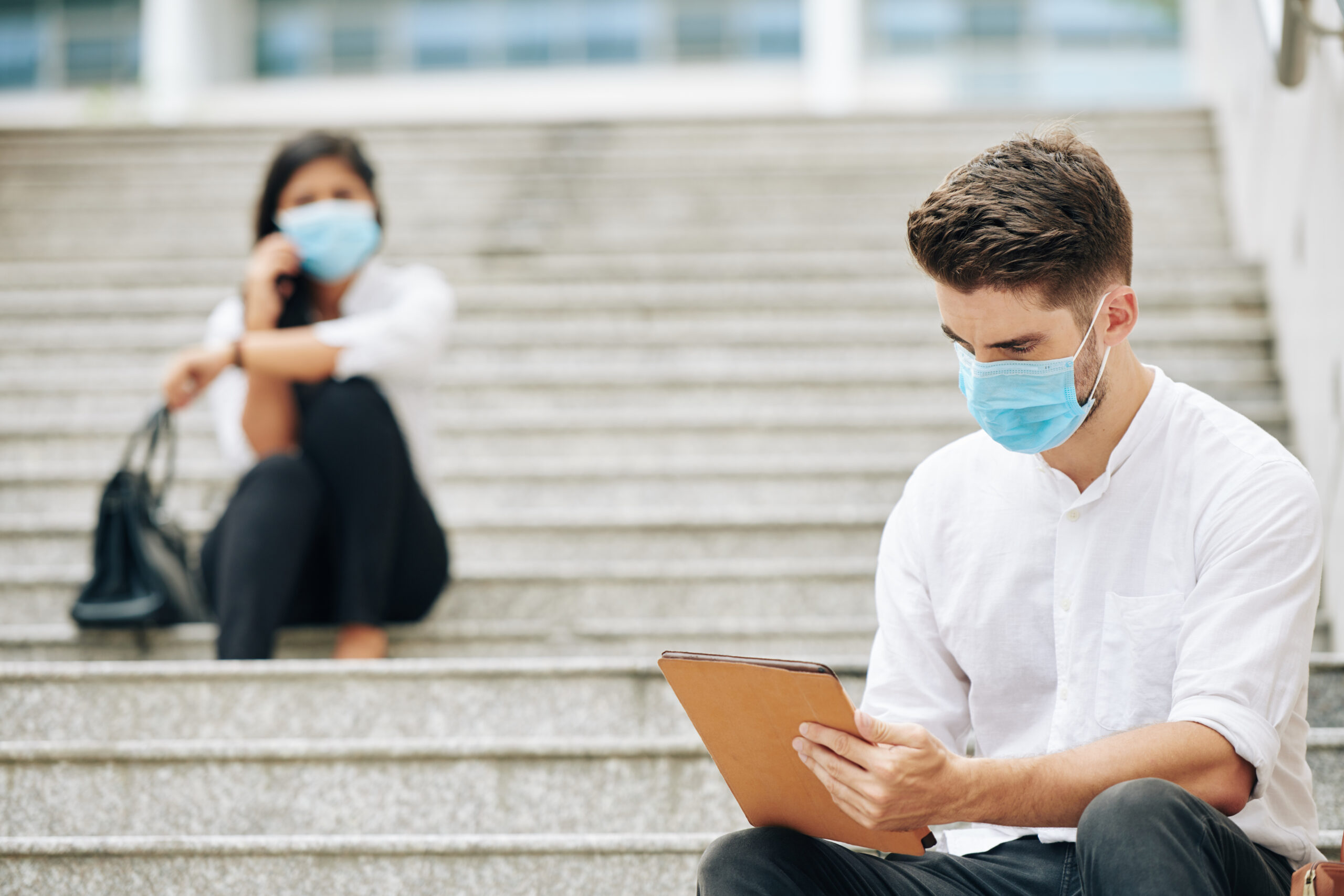The COVID-19 outbreak has changed almost every part of society forever, and college life is no different. Universities all over the world have been thrown into a new era where standard ways of teaching have been called into question and campus life has changed in fundamental ways. This piece goes into detail about the many ways that COVID-19 has changed university life, including how it has affected academics, mental health, social life, and the future of higher education.
Academic Changes
Most people could see right away that COVID-19 had an effect on universities when students switched from learning in person to learning online. A lot of countries had to lock down to stop the virus from spreading, which meant that universities had to switch to virtual classes almost overnight. There were both possibilities and problems with this sudden change. On the one hand, it showed how digital platforms could be used to supplement traditional ways of learning, making school more available to students who might not have been able to go in person because of distance or cost.
On the other hand, the quick change showed that both schools and students had big problems with their digital infrastructure and readiness. A lot of students had trouble because they could not get reliable internet or the right devices. Teachers also had to quickly get used to teaching online, often without enough training or tools.
The switch to online learning also made people wonder about the standard and honesty of education. Concerns about upholding academic standards and stopping cheating meant that tests and quizzes had to be rethought. Because online classes are not personal, it was hard to make them as involved and interesting as in-person classes, which could have affected how well students understood and remembered what they were taught.
Mental Health Concerns
Students and staff’s mental health has been affected by the pandemic. Lockdowns and having to get used to a new way of learning and working have made things worse. A mental health advocacy group called Active Minds did a poll and found that 80% of college students said that COVID-19 had made their mental health worse. People at university feel anxious, depressed, and lonely because they do not get to see their professors and peers in person, they do not know what their future job plans are, and the lines between work and personal life are blurred in a remote learning environment.
Social Life Alterations
University is not just about studying; it is also a very important time for social growth, when people make friends for life and learn how to handle the complicated relationships that come with being an adult. These chances have been greatly limited by COVID-19 limitations. Some traditional rites of passage, like orientation weeks, graduation ceremonies, and campus events, have been canceled or moved online. This means that students do not get to experience things that are important to college life. Students have come up with creative ways to connect through virtual events and social media, but the lack of face-to-face contact has definitely hurt their social lives and networking chances.
Long-term Implications for Higher Education
The effects on college life will last for a long time, even though the world is slowly coming out from under the shade of COVID-19. The pandemic has sped up the use of digital tools in schools, and many of these changes are likely to last after the pandemic is over. Universities are rethinking how they teach and are looking into mixed learning models that take the best parts of both face-to-face and online learning and combine them. This could mean that in the future, schooling will be more flexible and open to everyone.
However, the pandemic’s effects on the economy are very difficult to deal with. Many schools are having trouble making ends meet because fewer students are enrolling, foreign students are not paying as much, and switching to online learning is costing more. This could cause programs to be cut, staff to be let go, and school fees to go up, which would make it even harder for some people to get into college.
Conclusion
There is no doubt that the COVID-19 pandemic has changed university life, giving students, teachers, and institutions both problems and chances. The move to online learning has created new ways to teach, but it has also shown big differences in who can receive education and made people worry about the quality and honesty of education. People at universities have had problems with their mental health and social lives, which shows how important it is to deal with these problems as part of the larger educational system. In the future, universities will have to deal with the pandemic’s effects on their finances while also using what they have learned to make higher education systems that are stronger, more flexible, and open to everyone.
